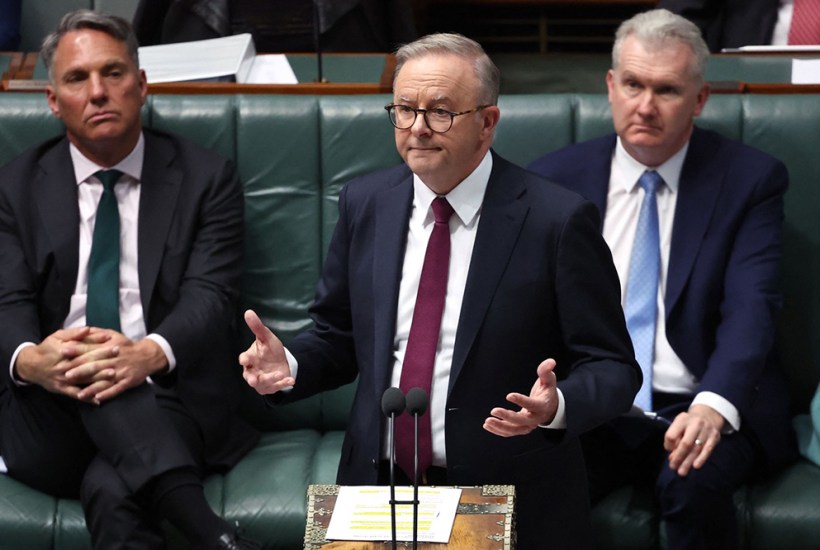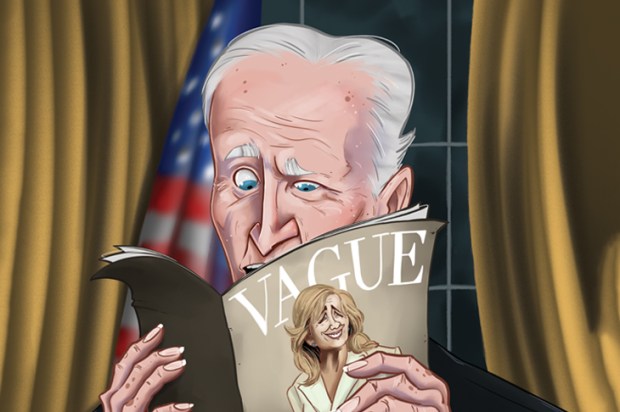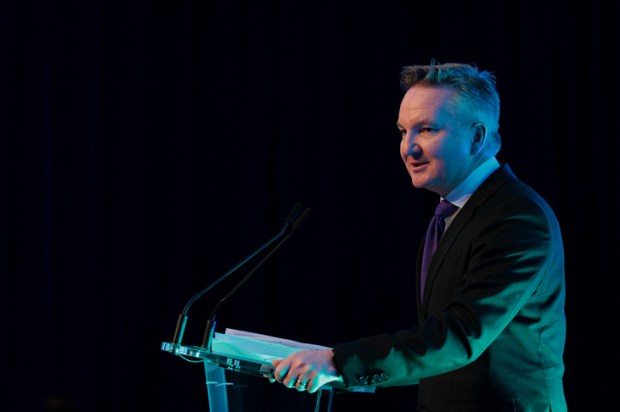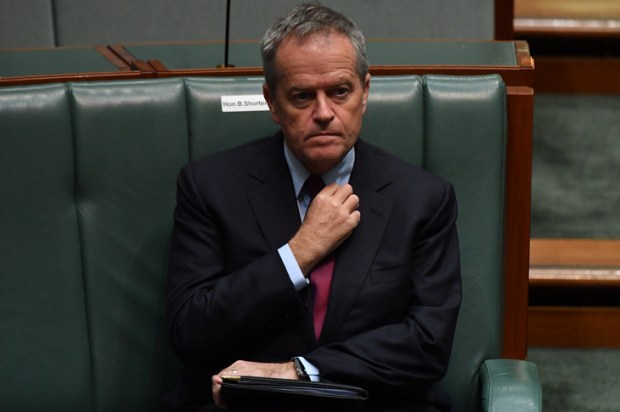Everything the Albanese government does now is affected by one consideration: the election must be held before they are exposed as the worst government in the history of Australia.
While a standard House and half-Senate election could be held as early as 3 August and as late as 17 May next year, as I suggested in a recent column, there will be a temptation to hold the election this year, especially if there is a Royal Visit in October.
Already a subscriber? Log in
Subscribe for just $2 a week
Try a month of The Spectator Australia absolutely free and without commitment. Not only that but – if you choose to continue – you’ll pay just $2 a week for your first year.
- Unlimited access to spectator.com.au and app
- The weekly edition on the Spectator Australia app
- Spectator podcasts and newsletters
- Full access to spectator.co.uk
Or
Unlock this article
You might disagree with half of it, but you’ll enjoy reading all of it. Try your first month for free, then just $2 a week for the remainder of your first year.














Comments
Don't miss out
Join the conversation with other Spectator Australia readers. Subscribe to leave a comment.
SUBSCRIBEAlready a subscriber? Log in